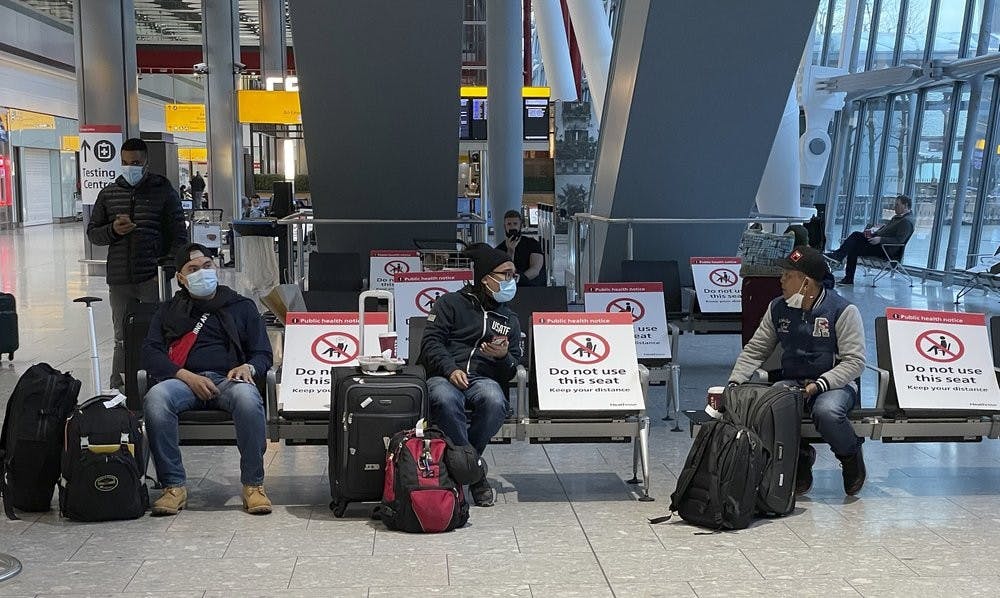Editor’s Note: This listicle is part of a weekly series by The Ball State Daily News summarizing five stories from around the world. All summaries are based on stories published by The Associated Press.
Mexico agrees to a U.N. proposal for fewer Pfizer vaccines, the United Kingdom announces goals to give all adults the first COVID-19 shot by September, Israel plans to build hundreds of settlement homes before the Trump administration leaves office, Brazil approves the use of two vaccines and South Africa delays reopening schools make up this week's five international stories.
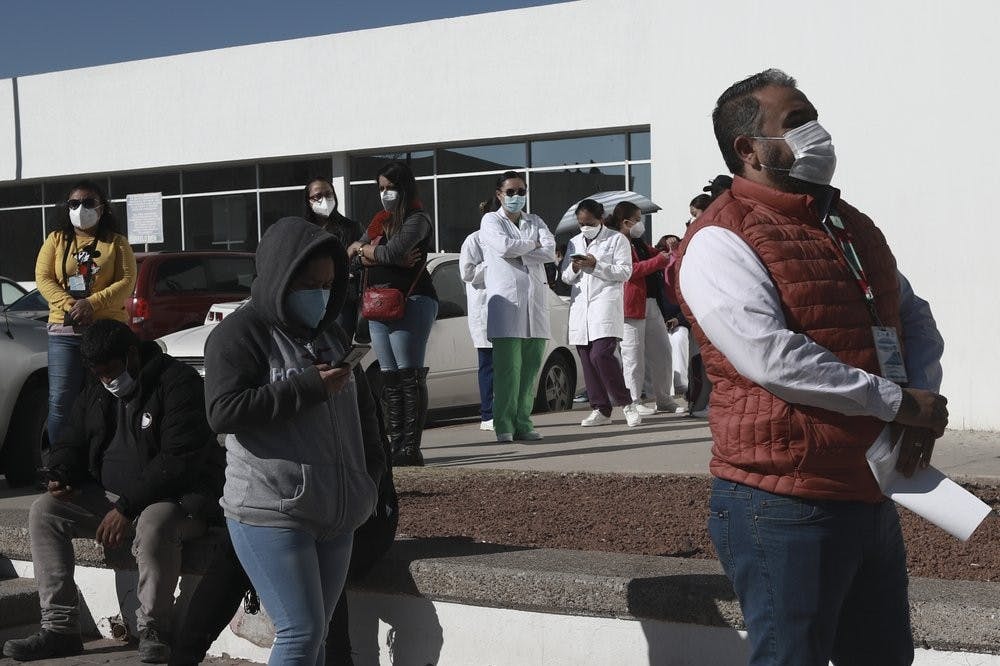
Mexico says it's OK with getting less Pfizer vaccine for now
President Andrés Manuel López Obrador said Jan. 17 that his government has agreed with a U.N. proposal to delay shipments of the Pfizer coronavirus vaccine to countries like Mexico that had exiting purchase agreements, in order to get more doses to poorer countries quicker. López Obrador said the delayed shipments would be made up later and that his givernment is looking at other vaccines to approve and administer. Mexico has so far received almost a half million doses of the Pfizer vaccine and used nearly all of them.
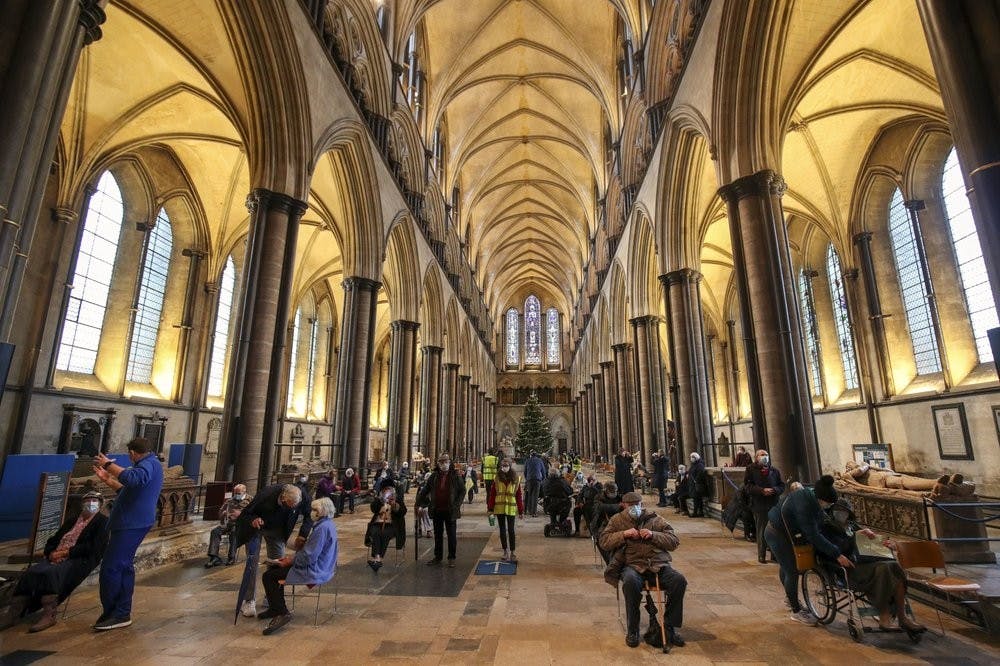
UK aims to give first COVID-19 shot to all adults by September
The U.K. government plans to offer a first dose of COVID-19 vaccine to every adult by September as the nation’s health care system battles the worst crisis in its 72-year-history. Foreign Secretary Dominic Raab said Jan. 17 that the government will soon begin a trial of round the clock injections at some locations as it continues to add more vaccination sites to increase the pace of delivery. The National Health Service opened a mass vaccination center on Saturday at the historic Salisbury Cathedral, where injections were accompanied by organ music.
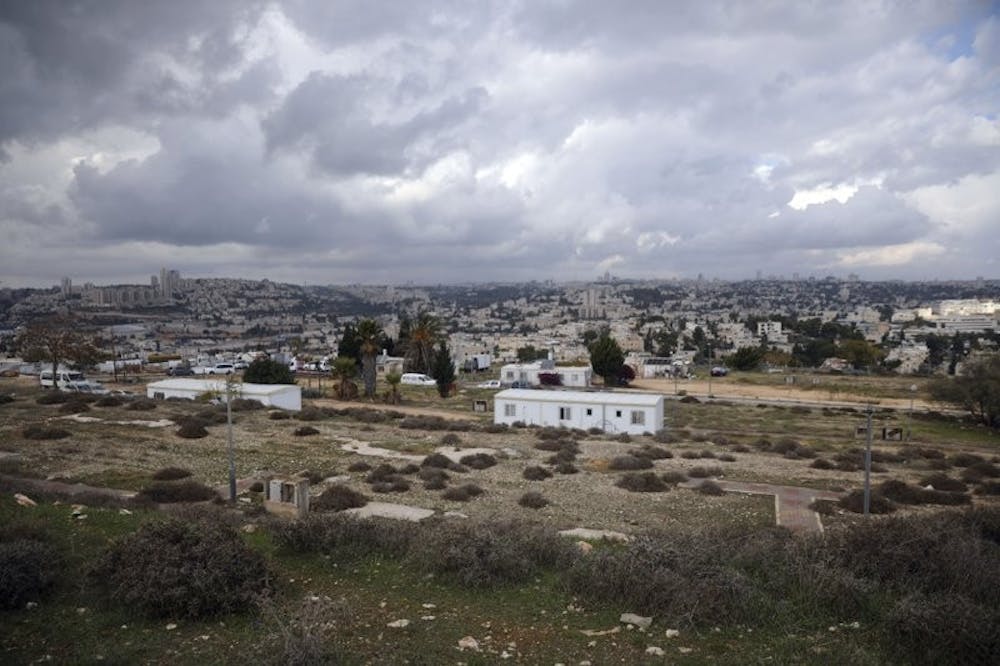
Israel OKs hundreds of settlement homes in last-minute push
Israeli authorities on Sunday advanced plans to build nearly 800 homes in West Bank settlements, in a last-minute surge of approvals before the friendly Trump administration leaves office later this week. The Trump administration did not criticize Israeli settlement announcements, and in a landmark decision, announced in 2018 that it did not consider settlements to be illegal under international law. According to Peace Now, an anti-settlement monitoring group, Israel approved or advanced construction of over 12,000 settlement homes in 2020, the highest number in a single year since it began recording statistics in 2012.
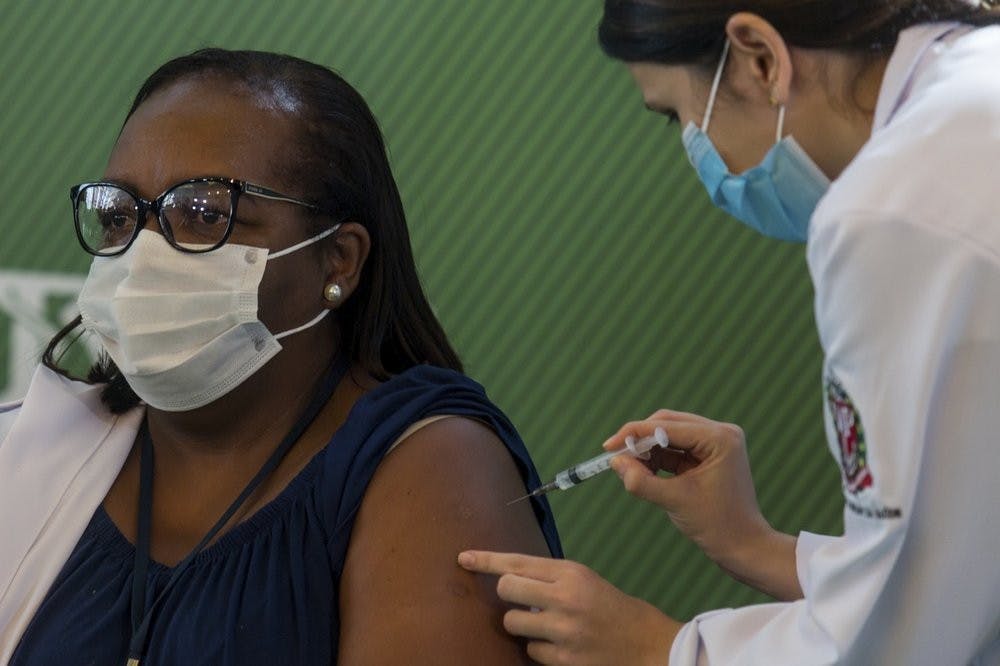
Brazil's health agency approves the use of two vaccines
Brazil’s health regulator approved the emergency use of coronavirus vaccines made by Sinovac and AstraZeneca, enabling the beginning of an immunization program that’s been subject to delay and political disputes. The president earlier casted doubt on the shot backed by his political rival, which hindered federal partnerships with state governments. Brazil currently has 6 million doses of Sinovac’s CoronaVac vaccine ready to distribute in the next few days and is awaiting the arrival of 2 million doses of the vaccine made by AstraZeneca and partner Oxford University.

Amid COVID-19 surge, South Africa delays reopening schools
Faced with a rapid resurgence of COVID-19 overwhelming the country’s hospitals and driven by a more infectious variant of the virus, South Africa has delayed reopening its schools. The variant is having far-reaching consequences for Africa’s most developed nation as several countries trying to prevent its spread have stopped or reduced flights with South Africa. The country’s education officials are on Jan. 18 expected to announce plans for universities and colleges, which closed last year as part of restrictions.

